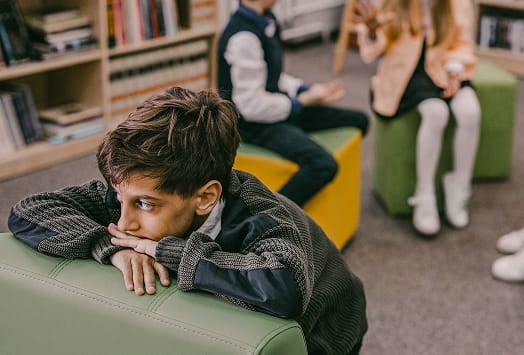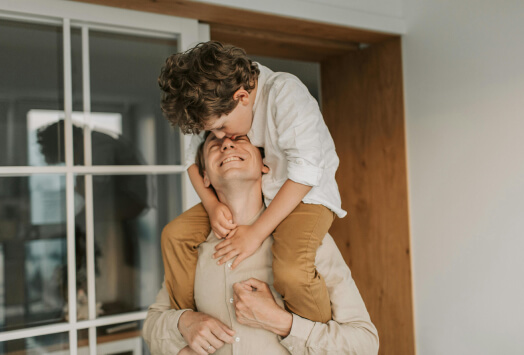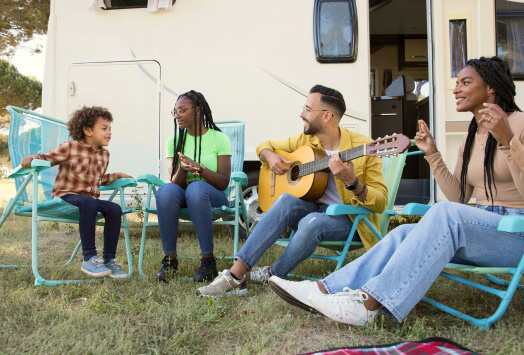After a year at home working remotely with children by their sides, parents returning to work may be feeling nervous about how their child will separate from them for summer camp. Parents are wondering whether camps will help them if their child is clinging to them at the door, and how they can deal with it if it arises.
And that’s just the parents. How might young children feel about entering an unfamiliar setting, with adults they don’t know, after a year mostly at home during a global pandemic?
It is perfectly normal for young children to exhibit anxiety when having to say goodbye to their parent or caregiver. They may cry, cling, or withdraw in response to being left in the care of others.
Deep breath. There are lots of things you can do to make tricky goodbyes feel less overwhelming for both you and your child.
Below are some strategies families can use in preparation for summer camp separation:
1. Parents should bring their own true calm.
In other words, don’t fake it, find your peace. If your child senses that you are unsure or nervous, or even pretending not to be, they will be borrowing from that emotion and will pick those feelings up as well.
2. Have a morning routine.
Develop a routine when leave home each day for camp as well as a goodbye ritual when you leave them at camp. Maybe have a little thing that you say each time. If they like their “pick up plan” you can remind them of it when you say goodbye.
3. Goodbyes are difficult, but necessary.
When it is time to leave do not sneak away –– you must say goodbye ––and do not ask their permission (as in, “Is it ok if Mommy goes now?") It’s ok to stay for a few minutes if need be (or more if that feels appropriate or necessary) but just be clear about when you will go: “Daddy can help you put your gear in your cubby and find a friend to sit and play with, but then I have to say goodbye.” And then do that. They are basing their sense of security on things going as you said they would so stick with the plan.

I always tell parents that “pick-up” is the other side of the separation coin. If your child falls apart when you arrive to pick them up at the end of the day or when you get home from work, it may be, yes, they are tired but it is also possible that they are processing the separation and/or showing you that they are mad or sad that you left them.
Address it head-on: “I wonder if you are still thinking about how hard it felt when Mommy dropped you at camp this morning.” Then leave space for them to process that and share their feelings. If they reject that notion, that’s fine, no harm done. But if you hit the nail on the head, you’ve helped them feel understood and safer. Bringing things up for consideration isn’t kicking up unnecessary drama, especially if you suspect that that’s what is going on. Validation and emotional responsiveness will be critical to a smooth transition into camp if you have a child that is feeling wary.
If your child struggles beyond the initial week or so, find a counselor that is there each day and make them a point of contact for both you and your child. Having a trustworthy adult to aid in the goodbye process will help decrease those elevated stress levels.
Ultimately, there’s good reason to go through all of this “separation stuff" in an effective and supportive way. It is important foundational work for your child’s future relationships as well as their ability to self-regulate, that is to manage themselves calmly and with confidence.

















